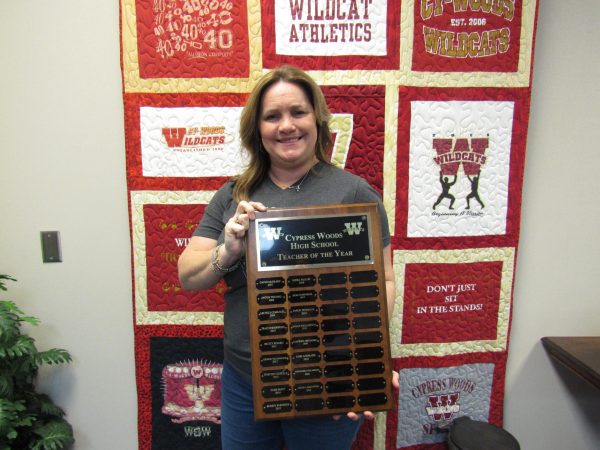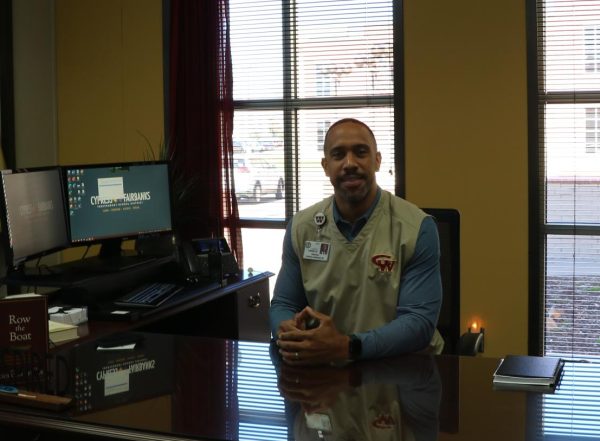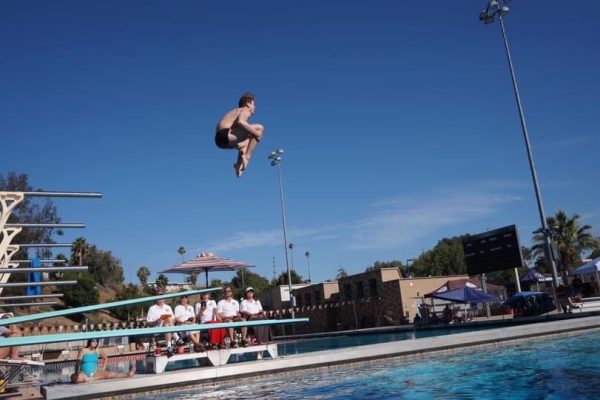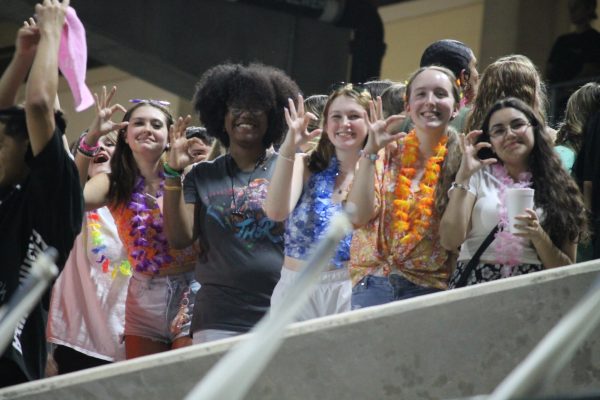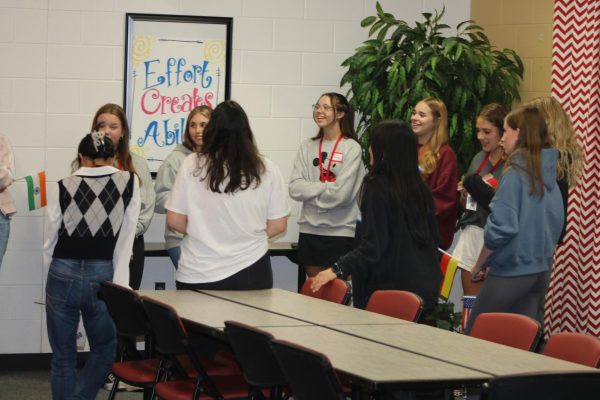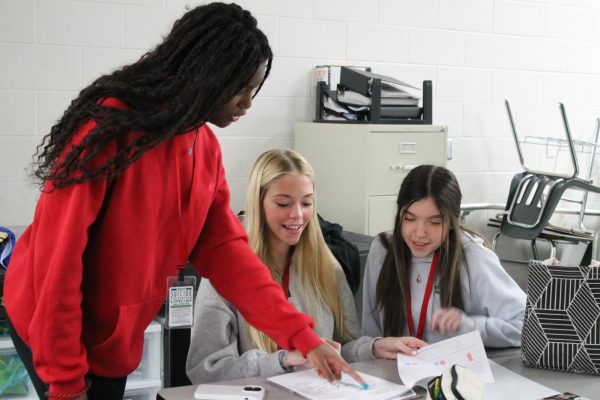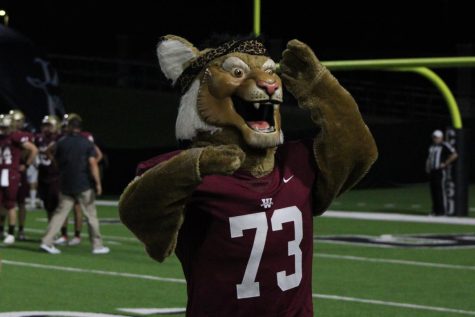Living with a Disability
A story of brothers struggling with Tourettes

Thomas Avery(LEFT) and Andrew Avery(RIGHT) smiling for their picture
They were born with this disability. They did not choose this, and now, it is part of their lives forever. Brothers Thomas and Andrew Avery live with the disability known as Tourettes.
According to a study from the Mayo Clinic, Tourette Syndrome (TS) involves uncontrollable repetitive movements or unwanted sounds, also known as tics, such as repeatedly blinking the eyes, shrugging shoulders or blurting out offensive words. Tourettes is not contagious and is passed down genetically. According to the Center for Disease Control and Prevention(CDC), one in 360 kids between the ages of 6-17 years of age have TS.
Because of the rarity of TS, Andrew and Thomas get asked a lot about this disorder. They not only had to deal with Tourette’s, but at a young age they were also bullied for their constant uncontrollable actions.
Their tics have changed over the years. When they were younger, Andrew put his fingers in his nose, and now he jumps, while Thomas bites his cheeks. These tics happen hourly, minutely and sometimes even less than that.
“It is just like a slope,” Thomas said about his tourettes. For Thomas and Andrew there can be times when their tourettes are harmless, and there are times when it interferes with their learning and they need medical attention.
Thomas is the goalie for the Cy Woods soccer team, and Tourette’s can affect him during his games. It will be mid-game, but he will start to experience tics. It distracts him when he plays, and sometimes, it can be detrimental to the team. However, he tries not to let it weigh him down.Sports and school can put a lot of stress on these twins and with their tics it makes it even harder. But they understand it won’t go away, so they try to make things easier. “You have to cope with it,” Thomas said. “You can’t really think about it.”
“It was hard to focus on [both] the game and my Tourette’s, Thomas said. “Throughout the years, I’ve learned to overcome the urge to tic.”
Thomas’s way of calming his tourettes during his soccer games is taking a deep breath and not thinking about anything else besides the game. As a goalie, Thomas must always stay focused on where the ball is. So, by taking that deep breath, he stays alert during games. Soccer is important to Thomas, so he will try anything to make himself better and help contribute to the team.
Unfortunately, Tourette’s has not just been hard for Thomas and Andrew. Their parents, Dana and Drew Avery, have also been affected by their sons’ disorder.
“It’s hard on [my parents] to know that they’ve done everything they can, but there is not much they can do to help,” Thomas said.
Andrew and Thomas used to go to a Cognitive Behavioral Intervention for Tics (CBIT) class, which is a therapy class at Texas A&M University where doctors helped them with their disorder. CBIT helped the twins physically and mentally control their Tourettes.“CBIT gave me the confidence to be able to tell people about Tourettes and make the mental disability a more know illness,”Andrew said. “CBIT helped me learn new ways to cope with my tourettes and also to just embrace it,” Thomas said.
With all the twins have learned through their life , living with tourettes, they aren’t upset at those who’ve made fun of them and have a message to those who have tourettes. “ People struggling with tourettes shouldn’t worry about what others think. Try and turn your tics into something positive. Don’t think that everyone is looking at you or making fun of you, Thomas Avery said.
As the twins get older, their Tourette’s will weaken, but it will never go away. Andrew and Thomas will continue to overcome great obstacles, as they continue through the life of high school.

